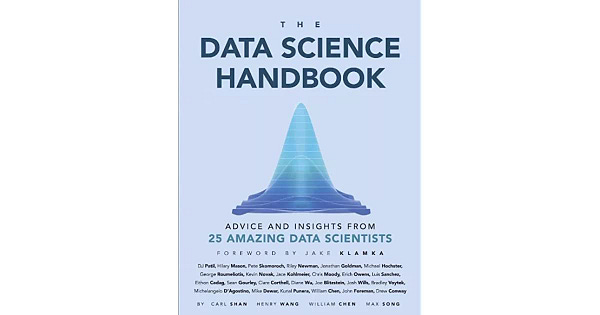⚛️ DeepMind’s Push Into Real World ML
Weekly news digest curated by the industry insiders
📝 Editorial
Deep learning continues advancing at an incredible pace, regularly reaching new milestones in research and development. Despite that progress, many recent deep learning breakthroughs still feel like advanced lab experiments that are not ready for real-world environments. DeepMind has been one of the labs at the forefront of deep learning breakthroughs in such areas as computer gaming and robotics, which sometimes might appear disconnected from the realities of real-world problems. However, without making too much noise about it, DeepMind has been steadily applying deep learning to some of the most sophisticated problems across several industries.
If you followed DeepMind’s research in the last two years, you would find an incredible balance between academic and practical deep learning. Let’s go through some examples of the latter. In recent months, DeepMind unveiled models like Nowacasting, which can perform short-term precipitation forecasts; and the famous AlphaFold, which can predict the structure of proteins based on a sequence of amino acids. Just this week, DeepMind published papers that tackle problems like video compression at YouTube and, get this, nuclear fusion plasma control. In each and every one of these cases, DeepMind has brilliantly adapted techniques pioneered in controlled game environments to extremely complex real-world problems. It is refreshing to see companies being open to applying DeepMind’s somewhat futuristic research to their current environments.
🔺🔻 TheSequence Scope is our Sunday free digest. To receive high-quality educational content about the most relevant concepts, research papers, and developments in the ML world every Tuesday and Thursday, please subscribe to TheSequence Edge 🔺🔻
🗓 Next week in TheSequence Edge:
Edge#167: we discuss generative adversarial networks; we walk through the original GAN paper by Ian Goodfellow; we explore TF-GANs.
Edge#168: we deep dive into Lean, an OpenAI math model that can solve Olympiad math problems
Now, let’s review the most important developments in the AI industry this week
🔎 ML Research
MuZero for Video Compression
DeepMind published a paper detailing a collaboration with YouTube to apply its MuZero supermodel to video compression optimization →read more on DeepMind blog
Deep Learning for Nuclear Fusion Control
DeepMind published a paper showing the use of reinforcement learning for controlling nuclear fusion plasma →read more on DeepMind blog
Fairness in Speech Recognition
Meta (Facebook) AI Research (FAIR) published a paper and open-source dataset to help benchmark fairness in speech recognitions systems →read more on FAIR blog
Carbon Emissions in ML Pipelines
Google Research published a paper providing details about the energy consumptions of ML hardware topologies →read more on Google Research blog
🤖 Cool AI Tech Releases
Self-Supervised Learning in TensorFlow
TensorFlow Similarity has added support for self-supervised learning →read more on TensorFlow blog
H2O.ai Hydrogen Torch
H2O.ai released Hydrogen Torch, a no-code platform for training and deploying deep learning models →read more on H2O.ai blog
VMware partnered with Nvidia
Two heavy-weights teamed up to work on an AI-powered hybrid cloud platform ->read more on Nvidia blog
💎 We recommend
🛠 Real World ML
Uber Carbon Feed
The Uber engineering team published details about their Carbon Feed platform for delivering personalized information to Uber earners →read more on Uber Eng blog
🗯 Useful Tweet
We turn our educational Edges into threads and recommend helpful books and courses.


💸 Money in AI
Data analytics standardization startup Voltron Data raised an $88 million Series A funding round led by Walden Catalyst. Hiring worldwide remote.
Manufacturing automation company Overview raised $10 million in a Series A funding round led by Blumberg Capital. Hiring in San Francisco/US.
Subsurface Mapping Platform Exodigo raised $29 million in seed funding led by Zeev Ventures and 10D Ventures.
Manufacturing optimization platform Instrumental Inc. raised $50 million in Series C financing, led by BAM Elevate. Hiring in Palo Alto/US, Shenzhen/China.
Document workflow automation platform Nanonets raised $10 million in a Series A investment round, led by Elevation Capital. Hiring mainly in India.
In-location experience management platform Raydiant raised a $30 million Series B funding round led by 8VC and Atomic Ventures. Hiring in the US and Canada.
DevOps-as-a-Service platform DuploCloud raised a $15 million Series A funding round led by Mayfield. Hiring in San Jose/US.

